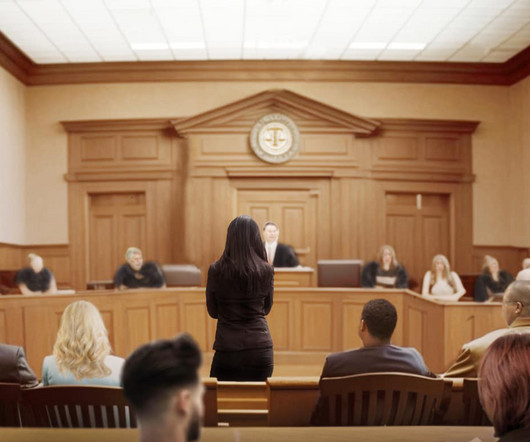The Essential Purpose of Legal Writing: Importance, Types & Strategies
Legal Writing Launch
OCTOBER 4, 2024
Whether you are an experienced attorney or a novice in this field, mastering the art of legal writing is imperative. By mastering various techniques and understanding the unique functions and objectives of documents, lawyers can enhance their capability to advocate effectively for their clients.













Let's personalize your content